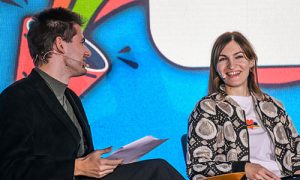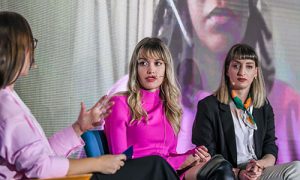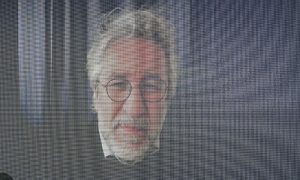Beyond tolerance: Advocating for LGBTQ+ empowerment in the Balkans
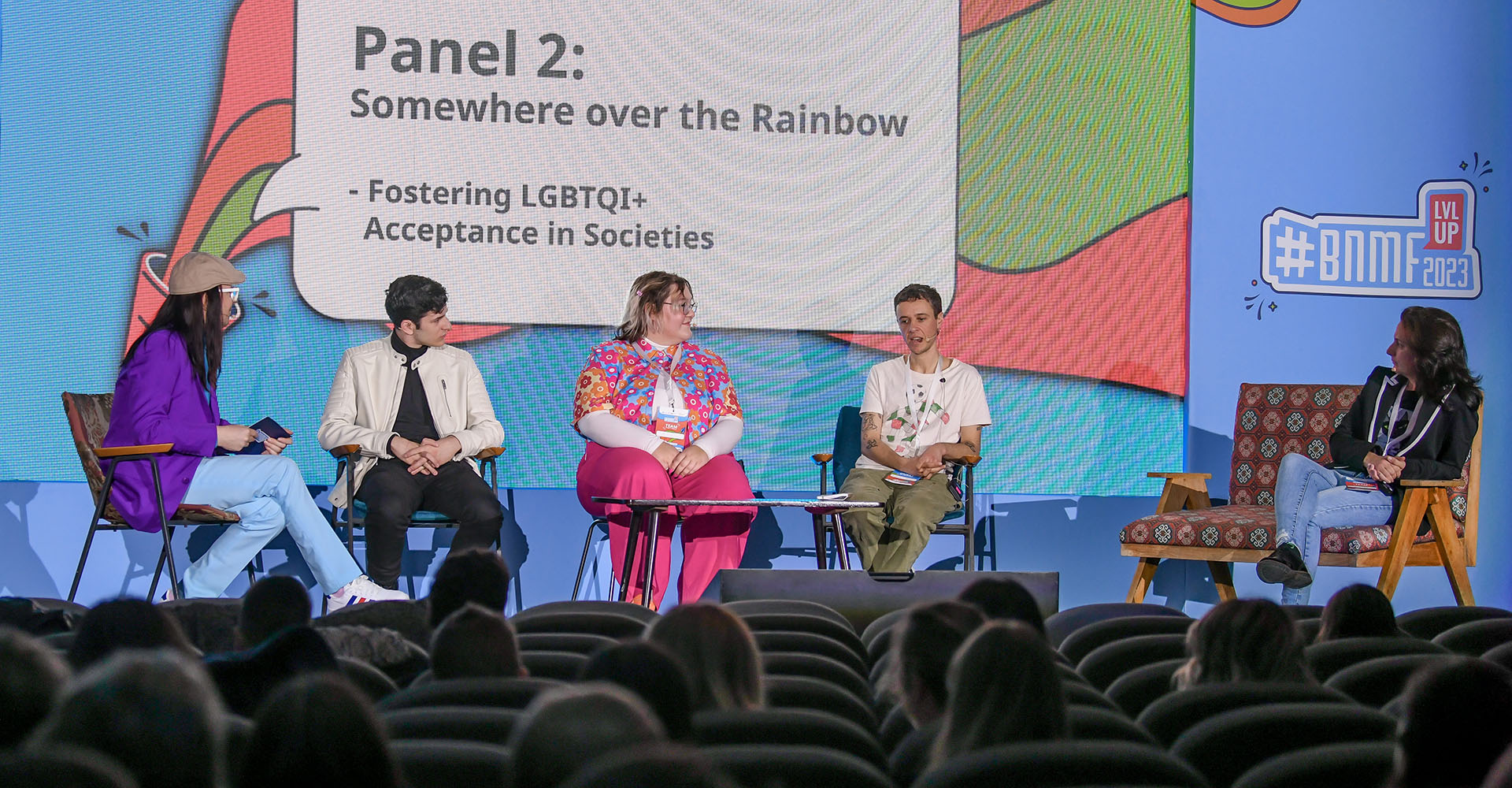
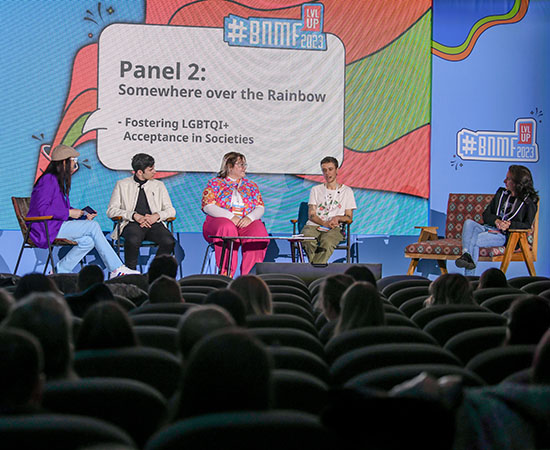
The Brave New Media Forum in Belgrade, Serbia, became a crucible for societal change as voices from the LGBTQ+ community gathered to share their experiences and visions for a more inclusive Balkans. The panel, moderated by Jakov Leon, DW editor, featured a lineup of passionate advocates: Filip Baloš, a Serbian singer-songwriter known for his evocative music, Jonah Lamers, a Dutch filmmaker and a beacon for the trans community, Kristina Ćetković, a Montenegrin writer and human rights activist and Milica Crkvenjakov, a Serbian content creator who has become a symbol of resilience and empowerment.
The Balkans: A mosaic of experiences
The session opened with a candid exploration of the diverse experiences within the Balkans. Kristina Ćetković painted a picture of Montenegro’s legal progress with same-sex partnerships, a beacon of hope in a region often clouded by prejudice. Yet, she noted, societal acceptance lags, with media attention sparse and public understanding limited.
“We need more queer artists, directors, politicians… to show that it is OK and pretty normal.”
Filip Baloš, singer-songwriter
Filip Baloš brought an artist’s perspective to the table, emphasizing the transformative power of visibility in the arts. “We need more queer artists, directors, politicians… to show that it is OK and pretty normal,” he said, his words resonating with the audience. His call for representation in all spheres of life struck a chord, highlighting the need for role models in mainstream culture.
A global perspective on local struggles
Jonah Lamers, contrasting the relative freedoms in the Netherlands with the Balkans, shed light on a global trend of declining acceptance. His observations served as a reminder that the fight for LGBTQ+ rights knows no borders. “We are noticing a decline in acceptance… a worldwide trend,” Lamers remarked, bringing an international dimension to the discussion.
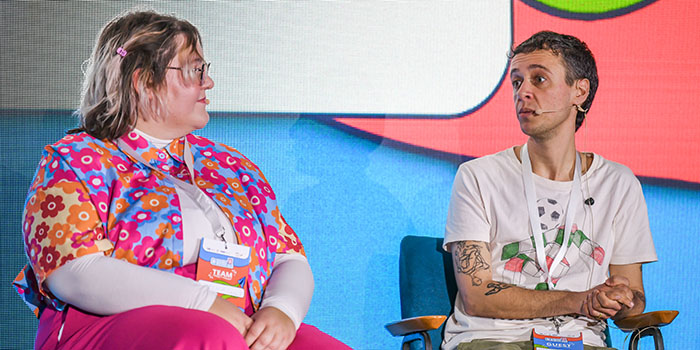
Milica Crkvenjakov’s passionate advocacy for visibility and representation added depth to the conversation. “We need to be celebrated for who we are,” she declared, her voice echoing through the hall. Milica’s call to action was clear: the LGBTQ+ community must not only be accepted but embraced in its entirety.
The role of media in shaping perceptions
The panelists converged on the critical role of media in shaping public attitudes. They discussed the paradox of social media as both a haven for LGBTQ+ voices and a platform for hate. Crkvenjakov noted the potential of social media to drive change while also acknowledging its pitfalls.
As the discussion unfolded, the panelists shared personal experiences of discrimination and hope. Filip Baloš reflected on the impact of hate speech and the importance of not giving power to online abusers. “Sometimes you have to respond. But sometimes you just have to let it go,” he advised his words a testament to the resilience required in the face of adversity.
“We need to be celebrated for who we are.”
Milica Crkvenjakov, content creator
Jonah Lamers shared his experiences with transphobia in the Netherlands, highlighting the importance of community support. “We take care of each other and our own mental health,” he said, emphasizing the strength found in solidarity.
A call for unity and action
The Brave New Media Forum’s LGBTQ+ panel was a tapestry of stories, insights, and calls to action. Through their diverse experiences and perspectives, the panelists painted a vivid picture of the LGBTQ+ community’s struggles and resilience in the Balkans. Their unified message was clear: visibility, representation, and solidarity are key to fostering LGBTQ+ acceptance and advancing rights in the region and beyond.

